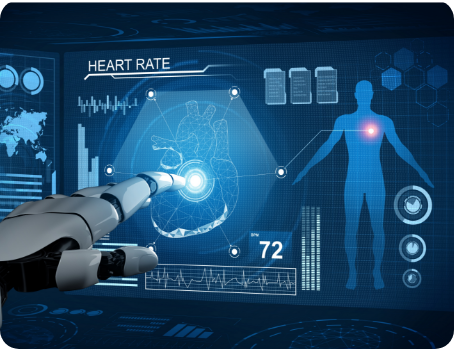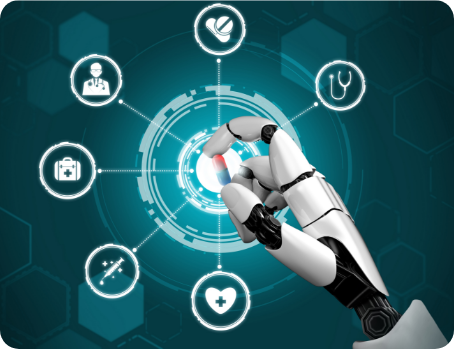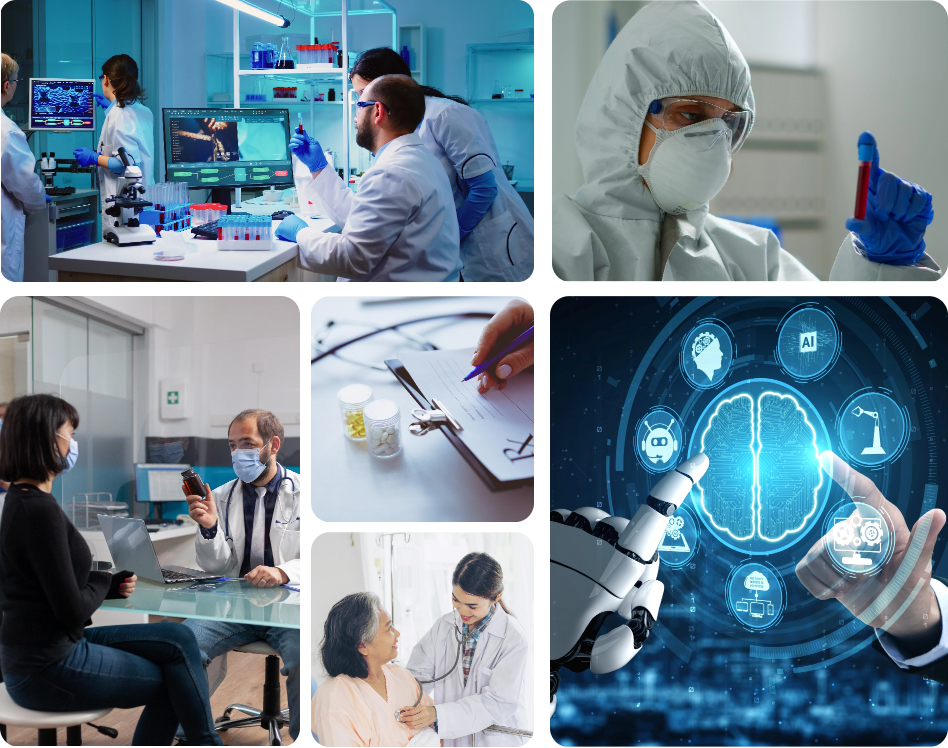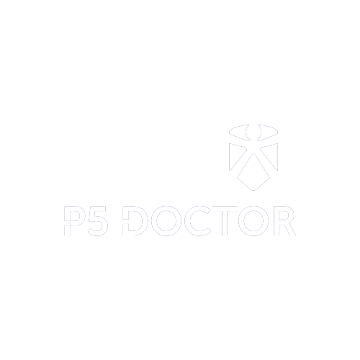Making Predictions Before Issues Arise
What if we were able to predict a health problem before it became an issue? The medical system is designed to help people who acquire a condition and are subsequently treated for their symptoms. This reactive approach consumes resources for both the health system and the patient. But what if the health system had already predicted that an individual was at risk of developing that condition? We could then implement preventative measures and assist them on a path to good health, thus decreasing the severity of the illness’s effect and sparing them from expensive treatment.
What is Predictive Medicine?
Although Predictive Medicine is a new sub-specialty in medicine, the idea isn’t. Predictive Medicine predicts whether or not an individual will get a disease in the future based on their health and social data, which is compared to research and outcomes to determine the likelihood of developing a condition. Specific laboratory tests and genetic testing are used to analyze an individual’s health and social data, as well as review it against research and outcomes to establish the probability of someone getting sick.
Biomarkers were first employed in Oncology to forecast cancer’s recurrence. Now, similar usage of biomarkers can predict the more frequent clinical disorders we experience daily. For example, blood cholesterol is a widely known biomarker for increased risk of coronary heart disease, and Prostate-specific antigen (PSA) is linked with prostate cancer.
Is It Possible To Revolutionize Healthcare With Algorithms?
Predictive Medicine is a game-changer in the medical world because it allows clinicians to design treatments based on each individual patient’s unique needs. The field of medicine that utilizes genetic testing but also takes into account past treatment outcomes, recent research findings, hospital admissions, and re-admission rates is known as Predictive Medicine. AI and a variety of data types are used in the development of predictive profiles (algorithms) for individuals. There is an enormous potential for the healthcare sector to enhance diagnostic accuracy, aid in preventative medicine, and lower healthcare expenditures utilizing all of the data analyses required by Predictive Medicine.
Predictive Medicine Examples
Presently, there are many applications of Predictive Medicine. For example, blood tests to identify conditions like cystic fibrosis are administered to newborns soon after they’re born. This is one of the most prevalent forms of predictive medicine in use today. Another popular method is to evaluate a patient’s risk factors, such as smoking, that might exacerbate the disease. A heavy smoker is more likely to get lung cancer, emphysema, and other illnesses than a non-smoker because of his or her habits.
Predictive Medicine Examples
Presently, there are many applications of Predictive Medicine. For example, blood tests to identify conditions like cystic fibrosis are administered to newborns soon after they’re born. This is one of the most prevalent forms of predictive medicine in use today. Another popular method is to evaluate a patient’s risk factors, such as smoking, that might exacerbate the disease. A heavy smoker is more likely to get lung cancer, emphysema, and other illnesses than a non-smoker because of his or her habits.
When a doctor thinks a patient might have a certain disease or condition, they order diagnostic tests to see if their suspicion is correct. For example, someone who suspects they are gluten intolerant could get a test that would show whether or not this is true. Lastly, pre-conception testing evaluates parents before they start trying to conceive to identify if the parents carry a gene mutation that could cause genetic disorders. In recent years, services like AncestryDNA and 23andMe have become increasingly popular. The team at Predictive Health analyze variations called Single Nucleotide Polymorphisms (SNPs) at specific positions in your genome. SNPs have the potential to reveal information about your traits and health conditions. Although predictive medicine is not as comprehensive as other types of medical care, it does have the advantage of increased accessibility and greater privacy.
Is Machine Learning Helpful In Predicting And Curbing Diseases?
The long-term health prospects of individuals can be predicted using machine learning technologies, which may analyze massive data sets to predict long-term conditions and enable treatments when they are needed the most. The capacity to forecast an individual’s risk of contracting a disease allows clinicians to detect patients in their early stages of illness and intervene sooner, resulting in better health outcomes for patients. Machine learning tools have the potential to not only improve patient care but also save healthcare organisations billions of dollars each year.





